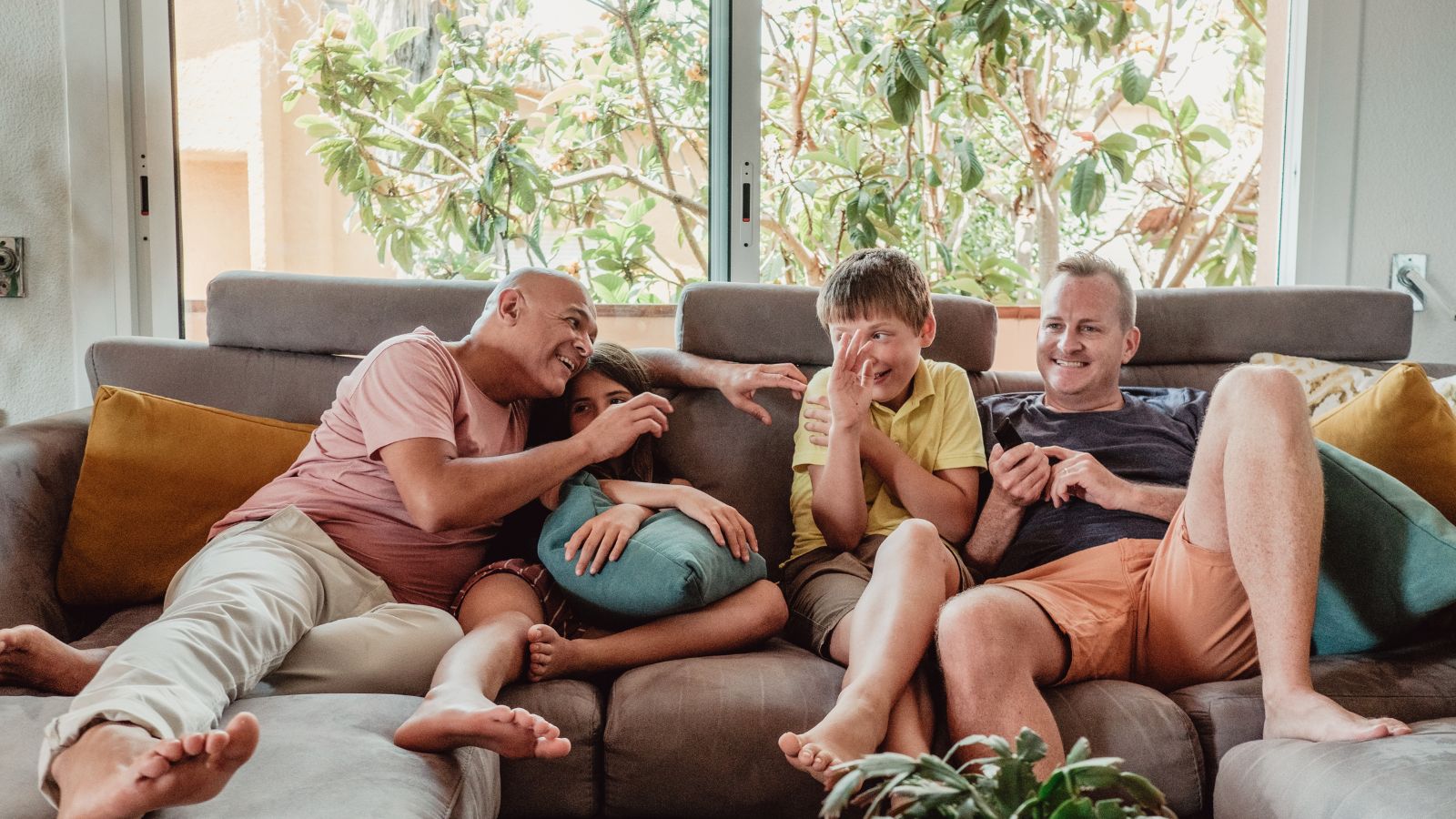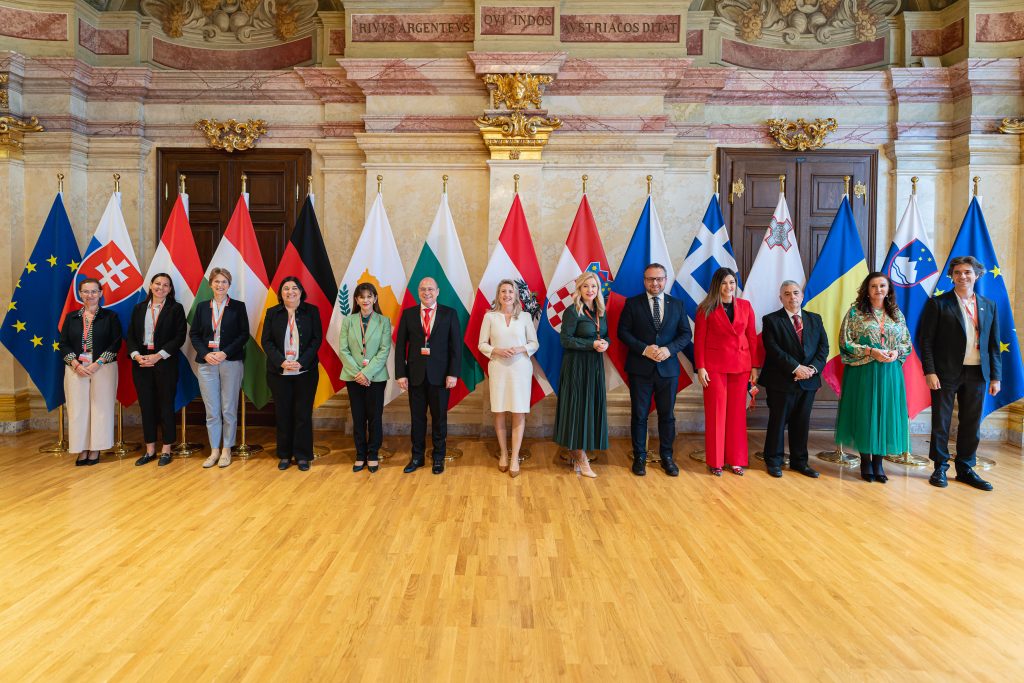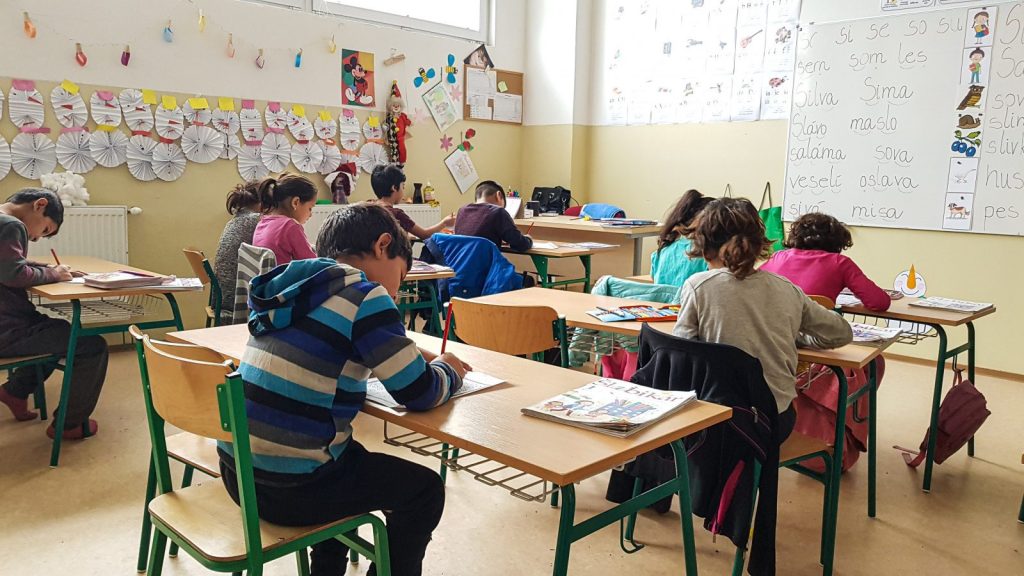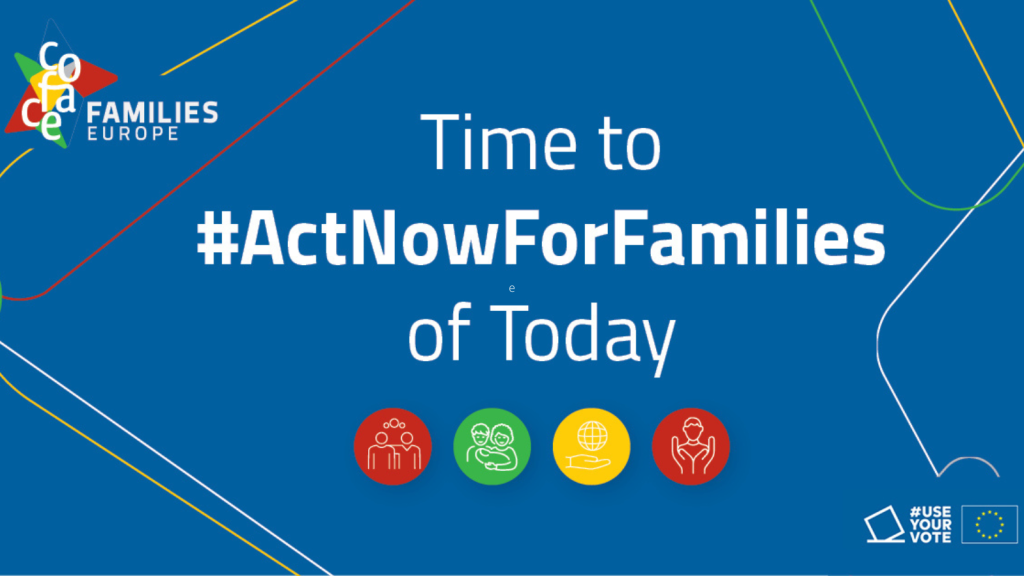In December 2022, as part of its Equality package, the Commission adopted a proposal for a Regulation aimed at harmonising at EU level the rules of private international law relating to parenthood. In line with the EU Strategy on the Rights of the Child, the proposal focuses on the best interests and the rights of the child. It will provide legal clarity for all types of families who find themselves in a cross-border situation within the EU.
Given the right of free movement, the citizens of the EU can live and work in different EU countries, they are also able to travel, move for work, buy houses, and start families. However, parenthood established in an EU Member State is currently not always recognised in all the other Member States, which affects children and their rights.
The proposal allows children in cross-border situations to benefit from the rights derived from parenthood under national law, in matters such as succession, maintenance, custody or the right of parents to act as legal representative of the child (for schooling or health matters).
The proposal has three objectives:
- to strengthen the protection of the fundamental rights and other rights of children in cross-border situations,
- to provide legal certainty and predictability about the rules that Member States must apply when establishing the parenthood of a child in a cross-border situation or when recognising the parenthood of a child as already established in another Member State; and
- to reduce the legal costs and burden for families and the administrative and judicial systems of the Member States in connection with legal proceedings initiated by families to have the parenthood of their children recognised in another Member State.
The proposal covers all children whose parenthood has been established in a Member State, and who are in a cross-border situation, irrespective of how the child was conceived or born, irrespective of the type of family of the child, and irrespective of the nationality of the children and of the nationality of their parents.
The Commission is also proposing the creation of a voluntary European Certificate of Parenthood that children (or their legal representatives, typically their parents) can request in the Member State that established parenthood to prove their parenthood in another Member State.
As for the next steps, the Commission’s proposal must be adopted unanimously by the Council, after consulting the European Parliament.
Read more here.
Photo: ©baseimage via Canva.com





